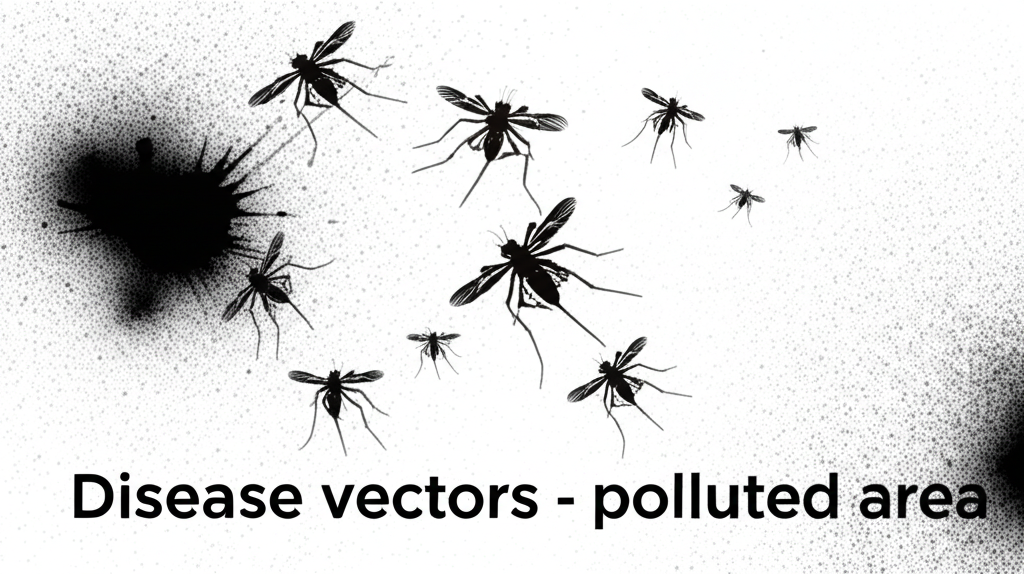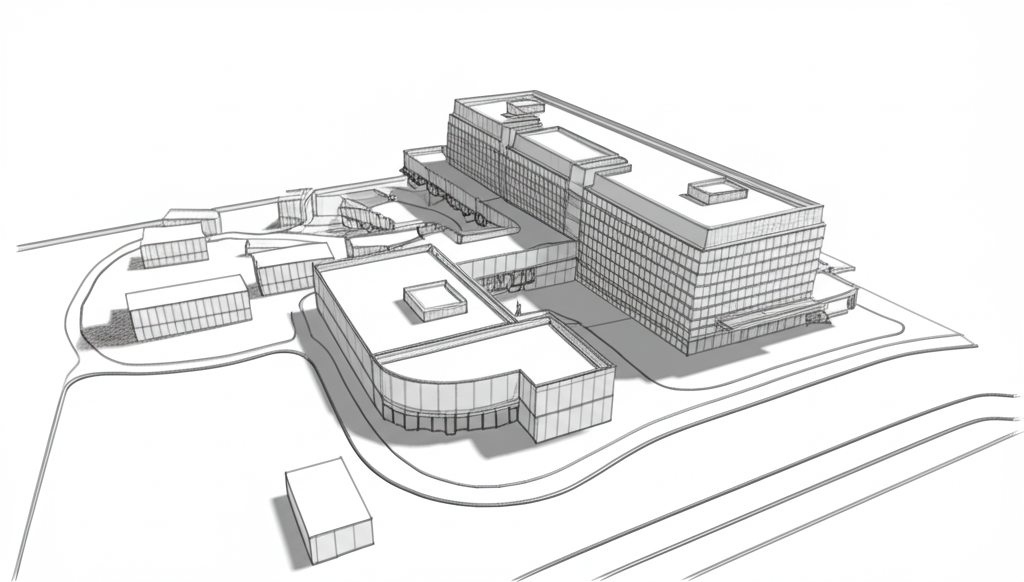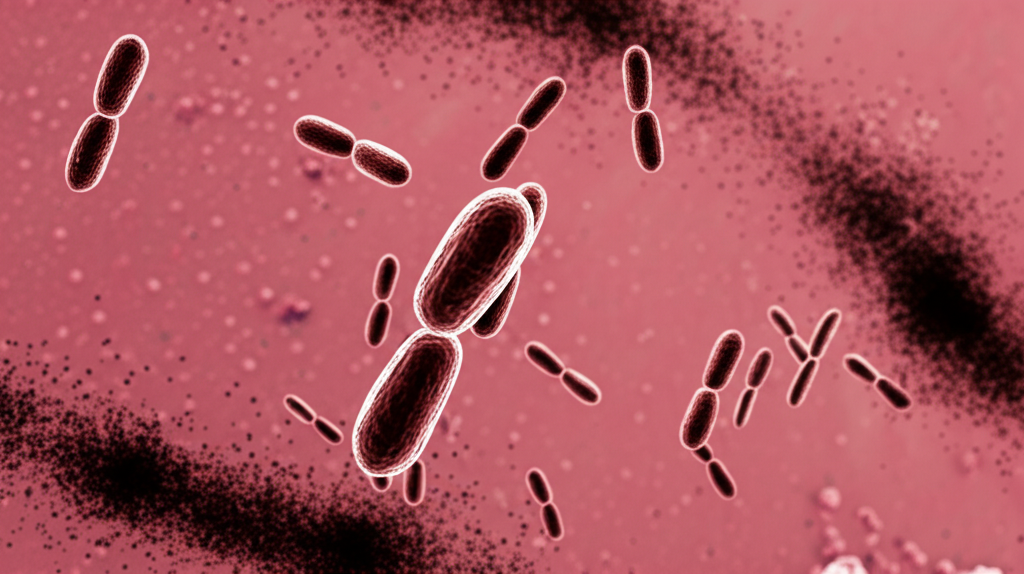Here’s what you need to know:
- Residents of Gwarinpa, Abuja, fear a Lassa Fever and Ebola outbreak.
- A foul odor and increased pests are raising alarm bells.
- Respiratory illnesses are on the rise in the community.
- Residents are urging the NCDC for immediate intervention.
- The situation highlights challenges in urban growth and public health.
Gwarinpa Residents Cry Out
The residents, united under the Team 7 Neighborhood Association, are pointing fingers at a persistent environmental hazard behind 64 Crescent, Off 6th Avenue in the Federal Housing Authority (FHA) estate. They’ve sent a formal petition to the NCDC Director General, begging for urgent action to stop what they see as a rapidly worsening situation with serious health consequences.
The Stench and the Scuttling: What’s Causing the Fear?
For months, residents have been dealing with a constant, foul odor coming from the area. But it’s not just the smell. They’ve also noticed a huge increase in rodents and insects. Think disease-spreading multimammate rats (Mastomys natalensis), houseflies (Musca domestica), blowflies (Calliphoridae), and even tsetse flies (Glossina) – all carriers of nasty diseases. According to the Centers for Disease Control these vectors can carry diseases such as lassa fever, ebola, and malaria.
Sick and Scared: Health Issues on the Rise
The letter to NCDC details a worrying increase in respiratory illnesses, hitting the elderly and children especially hard. Some residents have even been hospitalized, and there are unconfirmed reports of deaths linked to respiratory problems.
“We are seeing a troubling pattern of health complaints – coughing, breathing difficulties, and other symptoms consistent with poor air quality and possible exposure to biological hazards,” said Mr. Okoli in the petition.
Déjà Vu? Echoes of Past Outbreaks
Residents are drawing parallels to past outbreaks of Lassa Fever, Ebola, and even COVID-19. They argue that these outbreaks often start or get worse when early warning signs are ignored. They believe the combination of bad air quality, increased disease-carrying pests, and a densely populated area makes immediate government action essential.
NCDC: Can They Avert a Disaster?
The Team 7 Neighborhood Association has a clear list of demands for the NCDC:
- Send a public health assessment team to investigate immediately.
- Conduct environmental sampling (air, soil, water) to find the source of the problem.
- Implement quick containment and cleanup measures.
- Provide medical screening for potentially exposed residents.
- Issue public health guidelines to help residents protect themselves.
“This situation is deteriorating rapidly, and we fear that without prompt expert intervention, we may face a serious public health crisis with implications beyond our immediate community,” the letter warns.
Gwarinpa: A Community in Fear
Team 7 represents a large chunk of Gwarinpa’s growing population. The area is home to civil servants, professionals, retirees, and young families who were drawn to Gwarinpa’s reputation as a well-planned and peaceful suburb.
“Our residents deserve to live in a safe and healthy environment,” said Mr. Okoli.
A Wake-Up Call for Abuja?
The situation in Gwarinpa is a stark reminder that neglecting public health hazards can have serious consequences as Abuja struggles with urban growth. It’s a call for responsible action and a commitment to protecting lives.




